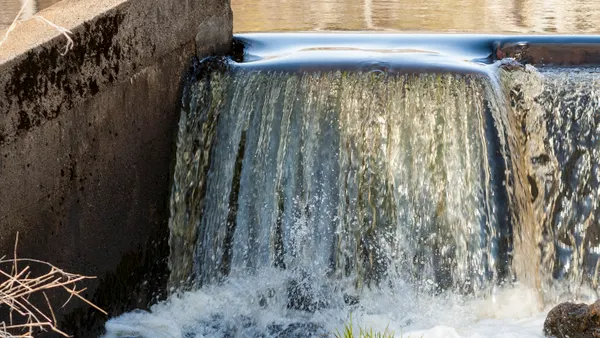Dive Brief:
- The University of Utah Health Sciences sends its medical waste to Stericyle for disposal, but alleged emissions violations at the processing facility have the hospital questioning incineration as the solution.
- The hospital's concern was brought about by a recent push by local activists to shut down North Salt Lake incinerator for the violations, prompting the hospital to review its contract with Stericycle.
- State regulators allege that smoke released from Stericycle's facility has exceeded limits for dioxin, furan and nitrous oxide, and not only did the company not report the findings, but it also altered the outcome of a stack test it conducted.
Dive Insight:
Utah hospitals produce an average of 97 tons of waste daily. According to the EPA, 90% of infectious waste is sent to incinerators, where it is burned, releasing toxic substances into the air, compelling hospitals to seek alternative solutions that are more health conscious. Environmental groups would prefer chemotherapy medical waste be buried in landfills, in order to avoid polluting the air with these chemicals.








